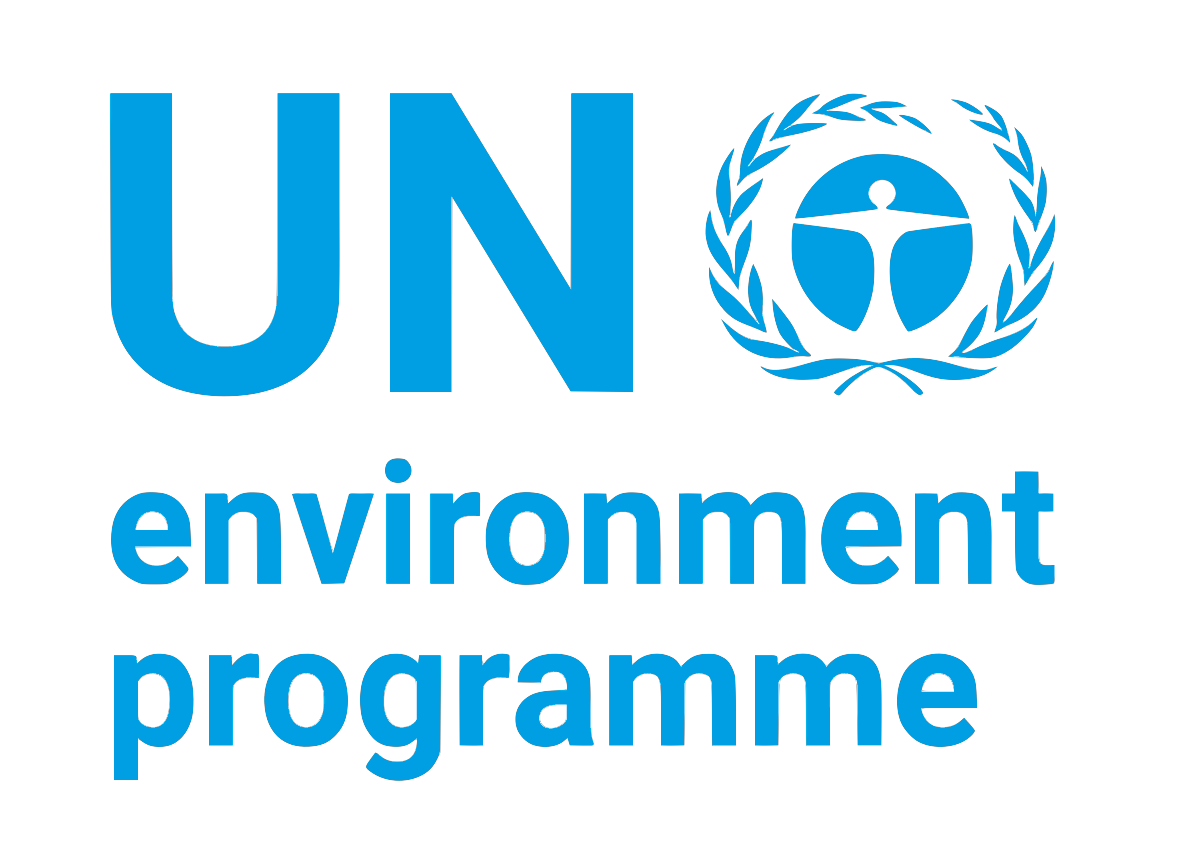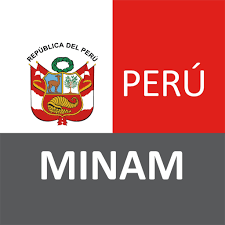Peru - Plastic Reboot
Peru
GEF ID:11191
Project Overview
Peru produces about one million tons of plastic waste per year. About 50.6% of plastic waste ends up in landfills, 34% in dumps and only 15.4% is recycled. Despite significant advances, like issuing the law on single-use plastics, Peru faces key barriers to confront plastic pollution like (i) limited availability of alternatives to petroleum-based items, (ii) limited capacities to evaluate risks, regulate, and control food contact items, (iii) reluctance to change from producers, retailers, and consumers, (iv) weak plastics recycling chain and waste management, and (v) limited capacities for monitoring plastics regulations, among others.
Project Components
This project will implement a strategy composed of four interlinked components:
Stimulate circularity regarding single-use plastics;
Strengthen collaboration between public and private sectors;
Enhance the national framework to address plastic pollution;
Generate practical knowledge about the enablers and barriers for change.
A key aspect of the strategy will be to test and utilize social and behaviour change tools to encourage the adoption of circular solutions that reduce or eliminate single-use plastics in markets, supermarkets, food courts, and fast-food restaurants.
Global Environmental Benefits
It is expected that 56,098 tons of residual plastic waste from the Food and Beverage (F&B) sector will be avoided, leading to larger long-term effects. In addition, it is foreseen that the project will avoid 248,498 tons of CO2e and 9 gTEQ of persistent organic pollutants (POPs).









